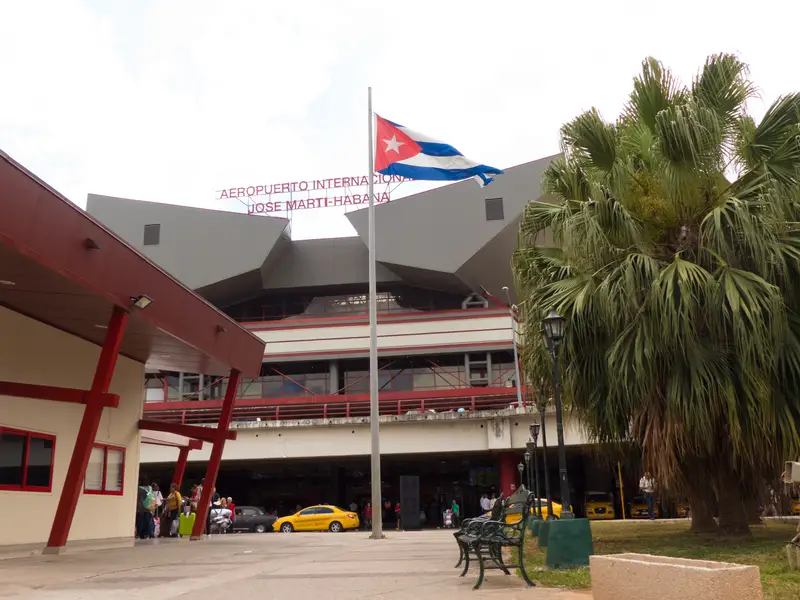New sanitary control measures for the arrival of international passengers were implemented in Cuba from Wednesday, January 5, with the purpose of containing the advance of the omicron variant on the island.
Foreigners or non-resident Cubans must present a complete vaccination schedule and a PCR-RT test with negative result performed within 72 hours prior to boarding. In addition, those coming from high-risk countries will be randomly subjected to PCR tests upon arrival.
In the case of Cuban residents who do not have a complete vaccination schedule, they may enter the country although, in addition to the pre-travel test, they will be required to take another test at the point of arrival and undergo mandatory isolation for eight days in a hotel designated by the government, at their own expense for lodging and transportation costs. On the seventh day of isolation, a third PCR test must be performed, and if negative, the isolation will be ended.
Travelers from Botswana, Eswatini, Lesotho, Malawi, Mozambique, Namibia, and South Africa must also present a vaccination card with a complete vaccination schedule and PCR-RT test will be subjected to a PCR-RT test upon arrival and must be isolated for eight days to be released only after a negative test on the seventh day.
In the case of the crews, those who stay more than 48 hours in Cuban territory must also be vaccinated, present a negative PCR test, and will be isolated for 8 days.
Children up to 12 years of age, regardless of their nationality or origin, or adults who medically certify that they cannot be vaccinated, are exempted from presenting the complete vaccination schedule.
The seven-day average of infections in Cuba rose to 453 this week when only 15 days ago it was around 70 cases. Yesterday, Tuesday, the government announced 967 new infections. The island already has 86.5% of its population with the complete vaccination schedule, 9,306,067 people with two doses, and 8,945,622 with three doses, as reported on Monday by the Cuban Ministry of Public Health.














